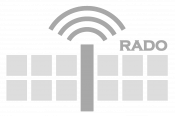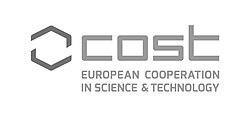The PROBE Cost Action’s goal was to bridge the observational gap in observing the Atmospheric Boundary Layer (ABL), the layer of atmosphere closest to the Earth’s surface where we all live. The first step to achieving such a goal was defined as providing ABL profile observations of temperature, humidity, wind, aerosol, and clouds from various European sites. However, to produce a step forward and fill the aforementioned observational gap, it was considered necessary to harmonize data and procedures and to merge expertise from industry and academia.
In this context, the goal of the Action’s communication strategy was outlined. The communication activities were intended to focus on facilitating communication between PROBE Cost Action members and easing interactions between industry and academia involved in ABL profiling. Moreover, the aim was to clarify the needs of the end-users of ABL products in order to better tackle the still open issues in data production and distribution. Finally, it was considered important to emphasize the relevance of the Action’s results to the general public, in relation to the broader context of understanding and adapting to climate change.
The Science Communication Coordinator (SCC)’s role in the PROBE Cost Action included developing and maintaining the website, social media channels, and mailing lists. In addition, the SCC was tasked with developing various tools to facilitate fast communication among PROBE members and was responsible for producing multimedia content for the Action (videos, posters, infographics, images, and news articles).
To facilitate the identification of new stakeholders and the organization of networking activities between PROBE users focused on developing shared data and procedures, the Action decided to include the SCC in WG1 (knowledge exchange), with the strategic aim of supporting, through specific communication tools and strategies, the exchange with end-users and stakeholders. Cooperation with the Virtual Networking Support Manager and the Grant Awarding Coordinator was also planned to increase the visibility of the achievements of these special tools for knowledge exchange.
The project ran between 2019 to 2024.

